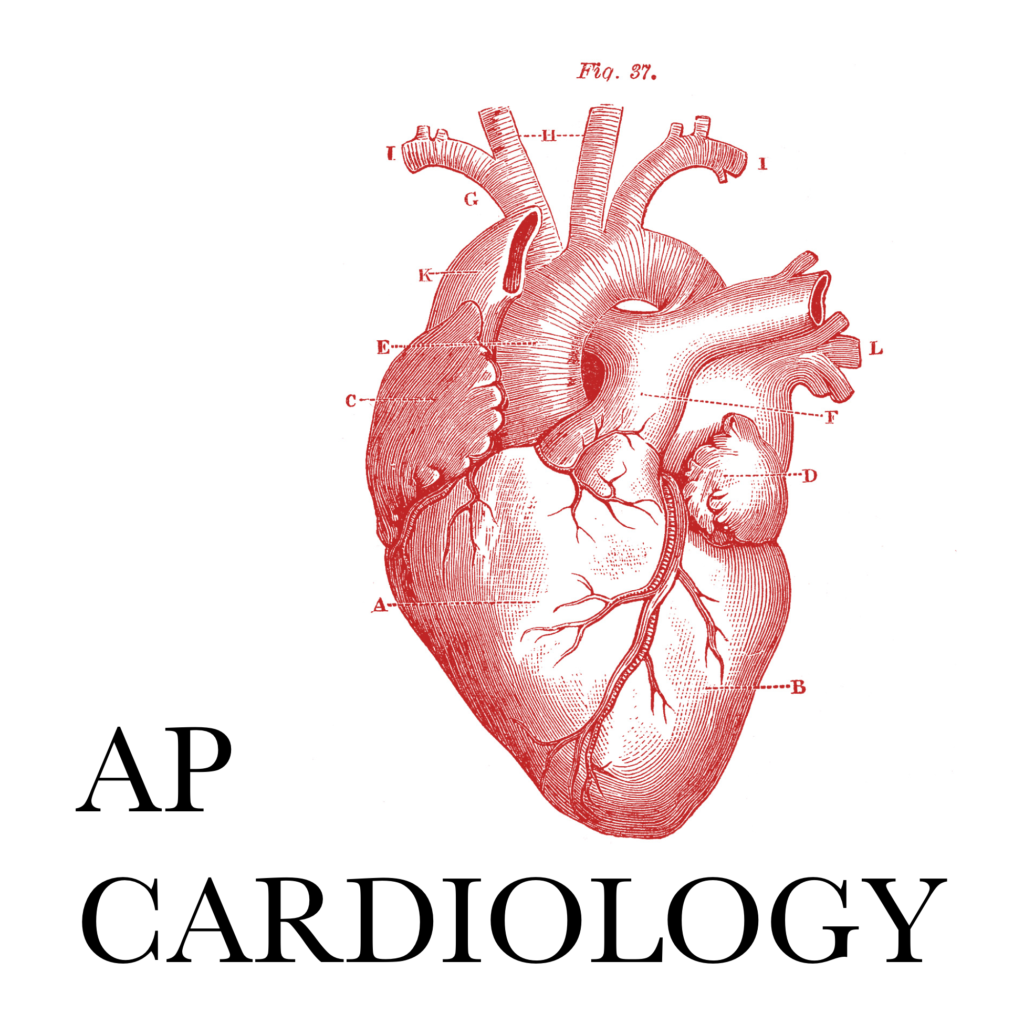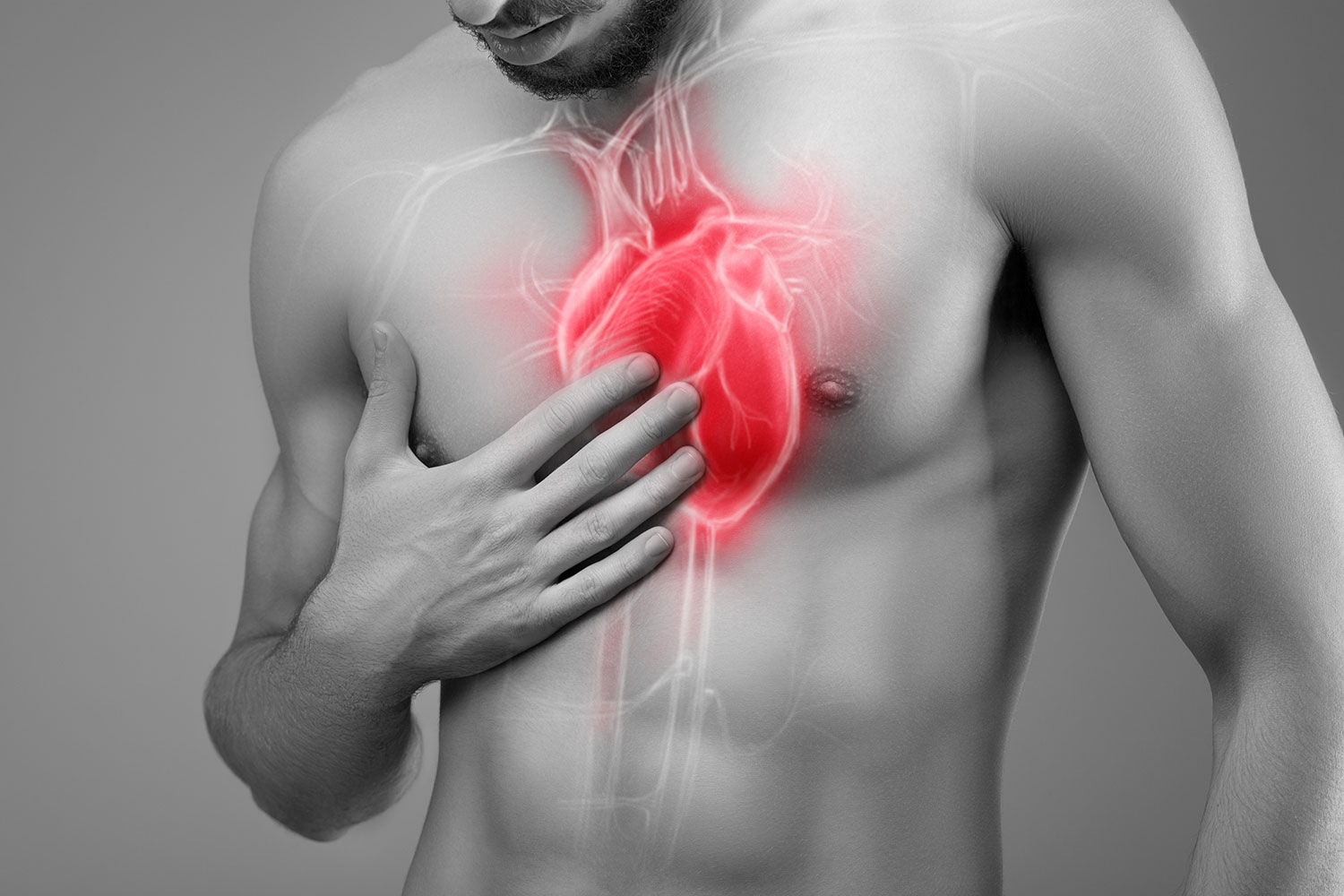Top 10 reasons to visit Cardiology Jupiter for your heart health
Wiki Article
Recognizing the Relevance of Cardiology in Modern Medical Care Services
Cardiology plays an essential role in contemporary medical care, specifically as heart problem proceeds to be the leading source of mortality worldwide. Advancements in diagnostics and therapy have actually transformed individual care, making it possible for earlier interventions and improved end results. In addition, the shift in the direction of precautionary cardiology encourages people to manage their wellness proactively. As modern technology continues to develop, the integration of ingenious services may better redefine cardiology's effect on public health and wellness, prompting a more detailed evaluation of emerging patterns and their implications.The Frequency of Heart Disease and Its Effect On Public Wellness
Heart condition continues to be the leading reason of death worldwide, its effect prolongs much past specific patients to influence public health and wellness systems and economies. The high prevalence of cardiovascular disease positions a significant pressure on healthcare resources, necessitating increased funding for rehab, treatment, and prevention programs. Public wellness campaigns need to attend to danger elements such as weight problems, cigarette smoking, and less active way of livings, which add substantially to the rising incidence of heart conditions.Moreover, the financial worry connected with cardiovascular disease is enormous, including not only straight clinical expenses but likewise indirect expenses associated with lost productivity and premature death. Communities deal with difficulties in taking care of these prices, usually leading to disparities in healthcare gain access to and end results. As the population ages and lifestyle-related risks remain to intensify, the seriousness for efficient cardiology interventions becomes critical. Consequently, dealing with heart problem is not only an issue of individual health however likewise a vital public wellness priority.Advancements in Cardiac Diagnostics and Imaging Techniques
Recent advancements in cardiac diagnostics and imaging techniques have transformed the field of cardiology, boosting the capacity to check and discover cardiovascular disease. Strategies such as heart MRI, CT angiography, and echocardiography have actually become increasingly advanced, offering thorough photos of cardiac frameworks and features. These modalities permit for the early identification of problems like coronary artery disease, cardiac arrest, and valvular disorders.Moreover, improvements in non-invasive diagnostics, such as wearable modern technology and remote surveillance devices, have actually encouraged patients and healthcare suppliers. These devices facilitate real-time tracking of heart rhythms and other important indications, bring about prompt treatments. In addition, artificial knowledge is being incorporated right into imaging analysis, enhancing accuracy and effectiveness in diagnosis.Innovations in Treatment Choices for Heart Conditions
Current improvements in cardiology have resulted in substantial advancements in treatment options for heart conditions. These consist of sophisticated surgical techniques that enhance procedural outcomes and emerging drugs that offer new opportunities for therapy. As the area advances, these technologies play an important duty in improving individual treatment and outcomes.Advanced Surgical Techniques
Technologies in surgical methods have actually changed the landscape of cardiology, offering new expect individuals with heart problems. Minimally intrusive treatments, such as catheter-based interventions, have substantially reduced recuperation times and health center stays. Methods like robotic-assisted surgery improve accuracy, allowing specialists to browse complex physiological structures with better accuracy. Advancements in imaging innovation facilitate real-time visualization throughout treatments, improving outcomes. Transcatheter aortic shutoff replacement (TAVR) exemplifies an innovation in dealing with aortic stenosis, allowing valve replacement without open-heart surgical treatment. Additionally, hybrid approaches that integrate catheter-based and surgical techniques offer tailored options for numerous heart problems. These innovative medical methods not just improve individual safety and security however additionally expand treatment alternatives, underscoring the essential role of development in contemporary cardiology practices.Arising Medications and Therapies
As the landscape of cardiology remains to advance, emerging medicines and therapies play a pivotal role in improving therapy options for heart disease. Technologies such as unique anticoagulants and progressed lipid-lowering agents have changed the monitoring of heart diseases, substantially decreasing individual morbidity and death. Furthermore, the development of genetics treatments and regenerative medicine offers promising avenues for dealing with conditions previously regarded irreversible. Medical trials are continually disclosing the efficacy of these treatments, pushing the limits of conventional treatments. In addition, the combination of digital wellness innovations helps with customized medication, permitting tailored treatment plans based upon hereditary and way of life variables. Collectively, these innovations emphasize the vibrant nature of cardiology, enhancing person end results and redefining criteria of treatment in contemporary health care.The Role of Preventive Cardiology in Person Care
Preventative cardiology plays an important function in patient treatment by concentrating on the recognition of danger variables that add to heart disease. With way of life adjustment approaches and very early discovery techniques, healthcare suppliers can properly reduce the incidence of cardiovascular events - Cardiology Jupiter. This positive technique not just boosts person end results however additionally promotes long-lasting wellnessThreat Factor Identification
While heart diseases continue to be a leading cause of morbidity and mortality worldwide, effective risk aspect identification serves as a foundation of precautionary cardiology. Recognizing threat variables such as high blood pressure, diabetes, hyperlipidemia, and family history is essential for very early treatment. Healthcare specialists use various evaluating techniques to evaluate these variables, enabling tailored safety nets. Furthermore, recognizing an individual's way of life choices, such as smoking cigarettes and physical inactivity, even more informs risk assessments. This comprehensive analysis allows medical professionals to establish personalized treatment strategies focused on mitigating threats. By prioritizing risk variable recognition, health care systems can boost client end results and minimize the total worry of heart diseases, ultimately adding to improved public health techniques and source allotment.Lifestyle Alteration Methods
A wide range of researches highlights the crucial role of way of life modification methods in reducing heart disease risk. These methods include nutritional modifications, boosted physical task, smoking cessation, and weight administration. By embracing a heart-healthy diet regimen abundant in fruits, veggies, entire grains, and click here for more info lean healthy proteins, people can decrease cholesterol levels and blood stress. Regular exercise strengthens the heart and enhances overall cardio health. In addition, stopping smoking considerably reduces the danger of heart condition and improves recuperation prices for those with status quo. Weight monitoring additionally adds to cardiovascular health by alleviating other risk factors such as diabetes and hypertension. Executing these way of life changes not just advertises individual health yet additionally acts as a keystone of precautionary cardiology in patient treatment.Early Discovery Strategies
Lifestyle modifications greatly add to reducing heart disease dangers, but they are most reliable when coupled with early discovery strategies. Preventive cardiology emphasizes the relevance of recognizing possible heart problems prior to they intensify into significant conditions. Strategies such as high blood pressure tracking, cholesterol screening, and progressed imaging innovations like echocardiograms play essential functions in reviewing cardio health. Biomarkers and hereditary screening also enhance the accuracy of early detection, permitting tailored preventative strategies. Regular cardiac threat evaluations encourage doctor to step in proactively, potentially stopping cardiac arrest and strokes (Cardiology). By integrating these early discovery approaches into routine care, clients can take advantage of prompt way of life treatments and targeted treatments, ultimately boosting and boosting end results top quality of lifeIntegrating Modern Technology Into Cardiology Practices
As innovations in technology continue to improve numerous areas, the assimilation of ingenious tools and systems into cardiology practices has actually come to be essential for enhancing patient treatment and results. Telemedicine platforms permit cardiologists to monitor patients remotely, improving accessibility to care while minimizing the problem on health care facilities. Wearable devices, such as smartwatches, enable continuous heart price surveillance, notifying both doctors and clients to prospective concerns in real-time. Furthermore, expert system (AI) is being utilized to examine substantial amounts of heart information, aiding in early medical diagnosis and individualized treatment more information plans. Advanced imaging strategies, consisting of 3D echocardiography, boost visualization of heart structures, resulting in extra precise interventions. Electronic wellness documents (EHRs) simplify patient information administration, making sure that cardiologists have prompt access to critical information. Together, these technical advancements are transforming cardiology, advertising positive monitoring and improved wellness results for individuals with cardiovascular problems.The Importance of Individual Education and Interaction
Client education and learning and engagement play an essential role in the management of cardiovascular wellness. By equipping individuals with knowledge concerning their conditions, therapy alternatives, and lifestyle modifications, doctor empower individuals to take an active function in their care. This proactive strategy can lead to boosted adherence to prescribed medicines, nutritional changes, and exercise routines, inevitably decreasing the risk of complications.Engagement also fosters a solid patient-provider partnership, urging open interaction and trust. When patients feel informed and involved, they are most likely his explanation to voice issues and ask inquiries, which can cause better scientific outcomes. In addition, educational sources, such as workshops or digital platforms, can boost understanding and promote self-management approaches. Generally, prioritizing person education and learning and interaction is crucial for boosting cardio health and wellness, enhancing high quality of life, and minimizing healthcare costs related to cardio conditions.Future Fads in Cardiology and Their Prospective Effect

Regularly Asked Inquiries
What Way Of Living Modifications Can Reduce Heart Illness Risk?
The current concern addresses way of living modifications that can considerably minimize heart problem risk. Cardiologist near me. Adopting a balanced diet, engaging in routine exercise, keeping a healthy and balanced weight, taking care of stress, and avoiding tobacco can notably enhance cardio healthHow Can I Recognize Very Early Signs of Heart Issues?
Identifying early signs of heart troubles includes surveillance signs and symptoms such as upper body discomfort, lack of breath, exhaustion, and irregular heartbeat. Prompt understanding of these indications can motivate required medical evaluation and treatment for far better results.What Are the Differences Between Cardiologists and Cardiac Surgeons?
The distinctions in between cardiologists and cardiac surgeons lie in their duties; cardiologists mainly identify and take care of heart disease through non-invasive techniques, while heart doctors perform surgeries to remedy architectural heart concerns. Each plays a vital, distinctive duty.
How Typically Should I Obtain My Heart Health Checked?
The frequency of heart checkup varies based on private danger factors. Typically, grownups should go through analyses each to two years, while those with existing problems might need more frequent evaluations as encouraged by health care specialists.What Duty Does Genes Play in Cardiovascular Disease Danger?
Genes substantially affects heart problem threat, with domestic patterns showing acquired problems. Certain genetics can incline people to high blood pressure, cholesterol concerns, and various other cardio issues, highlighting the value of genetic screening in examining heart wellness. Heart illness stays the leading cause of fatality globally, its impact expands much past specific patients to affect public wellness systems and economic climates. Public health and wellness campaigns must attend to threat factors such as obesity, smoking, and sedentary way of lives, which contribute significantly to the increasing occurrence of heart conditions.Moreover, the financial worry linked with heart condition is tremendous, encompassing not only straight clinical prices however likewise indirect costs associated to lost productivity and early mortality. Preventative cardiology plays an essential function in individual care by focusing on the recognition of risk factors that add to heart condition. Man-made intelligence (AI) and machine knowing are enhancing diagnostics and patient surveillance, making it possible for early detection of heart conditions. The differences in between cardiologists and heart cosmetic surgeons lie in their duties; cardiologists mainly diagnose and handle heart problems via non-invasive methods, while cardiac surgeons carry out surgical procedures to fix structural heart concerns.Report this wiki page